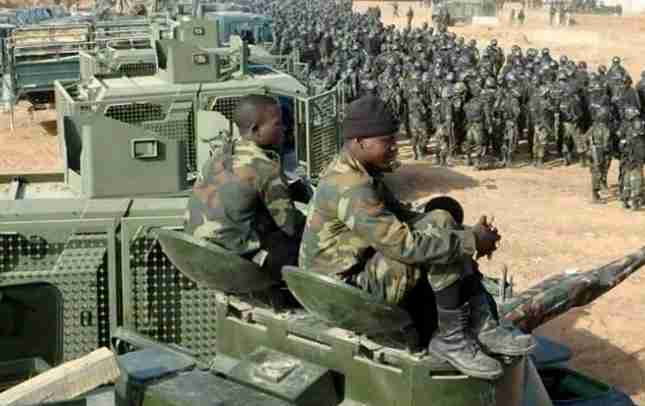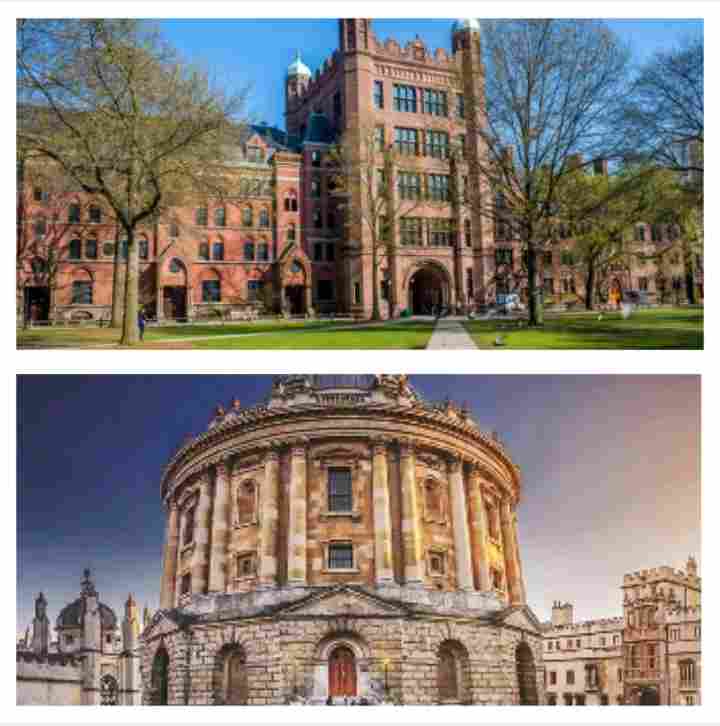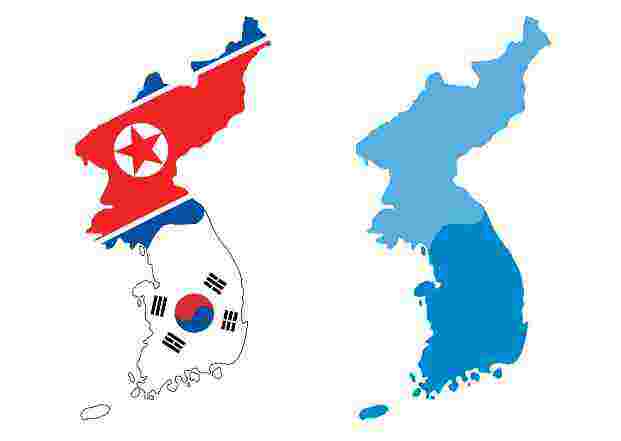The roles of soldiers and police officers are integral to maintaining order and ensuring the safety of citizens, but the nature of their responsibilities and the environments in which they operate differ significantly. In this comprehensive exploration, we will delve into the distinctions between soldiers and police officers, examining their roles, training, and the unique challenges they face.
Soldiers: Guardians of National Security
Roles and Missions
Soldiers are members of the armed forces tasked with protecting a nation from external threats. Their primary mission is to defend the sovereignty and interests of their country through military force. Soldiers operate in a variety of capacities, ranging from combat on the frontlines to peacekeeping missions in conflict zones.
Training and Expertise
- Combat Training: Soldiers undergo rigorous training in combat tactics, weapons proficiency, and strategic maneuvering.
- Discipline: Military discipline is a hallmark of soldier training, emphasizing obedience, teamwork, and adherence to orders.
- Specializations: Soldiers may specialize in roles such as infantry, artillery, armored units, or special forces, each requiring specific skills.
Deployment and Operational Environments
Soldiers are often deployed in regions of conflict, whether it be in defense of their own nation or as part of international peacekeeping efforts. They operate in diverse terrains, from dense forests to arid deserts, adapting to the challenges presented by each environment.
Police Officers: Keepers of Civil Order
Roles and Missions
Police officers, on the other hand, are responsible for maintaining law and order within a given jurisdiction. Their primary mission is to serve and protect the public, preventing and investigating crimes, and upholding the laws of their community.
Training and Expertise
- Law Enforcement Training: Police officers undergo training in criminal law, investigative techniques, and community policing.
- Communication Skills: De-escalation and effective communication are essential components of police training to handle a variety of situations peacefully.
- Community Engagement: Police officers often engage with the community, fostering relationships and addressing concerns to build trust.
Deployment and Operational Environments
Police officers typically operate within defined jurisdictions, whether it be a city, county, or state. They work in urban, suburban, and rural settings, addressing a wide range of issues from minor infractions to serious crimes. The operational environment for police officers is inherently tied to the communities they serve.
Key Differences
1. Nature of Threats
- Soldiers: Primarily deal with external threats to national security and may engage in armed conflict against enemy forces.
- Police Officers: Address internal threats within their jurisdiction, focusing on maintaining public safety and preventing criminal activities.
2. Training Emphasis
- Soldiers: Receive intensive combat training, emphasizing weapons proficiency, strategic planning, and military discipline.
- Police Officers: Undergo law enforcement training, focusing on criminal law, community relations, and conflict resolution.
3. Operational Environments
- Soldiers: Deployed in diverse and often hostile environments, adapting to the challenges of combat zones.
- Police Officers: Work within defined jurisdictions, addressing a variety of issues in urban, suburban, and rural settings.
4. Legal Authority
- Soldiers: Operate under military law during times of conflict, with rules of engagement governed by international laws and treaties.
- Police Officers: Enforce civil laws within their jurisdiction, with powers defined by local, state, and national legal frameworks.
5. Community Relations
- Soldiers: Interact with local populations during peacekeeping missions but often maintain a more distinct separation from civilian life.
- Police Officers: Build relationships within the communities they serve, fostering trust and cooperation to enhance public safety.
Interconnectedness and Cooperation
While soldiers and police officers have distinct roles, there are instances where their duties overlap, especially in situations of civil unrest or natural disasters. Collaboration between the military and law enforcement is crucial for effective disaster response and ensuring the safety and security of citizens.
Conclusion
In conclusion, soldiers and police officers play vital roles in maintaining order and safeguarding the well-being of citizens, each operating within their unique spheres of responsibility. The distinctions between the two professions are rooted in their missions, training, and operational environments. While soldiers focus on defending against external threats, police officers work to uphold laws and maintain civil order within their communities.
For further exploration of the roles and responsibilities of soldiers and police officers, you can refer to the corresponding pages on Wikipedia and Law Enforcement. Understanding these differences not only provides insight into the functioning of these crucial institutions but also fosters a deeper appreciation for the diverse efforts dedicated to ensuring the safety and security of societies worldwide.

















